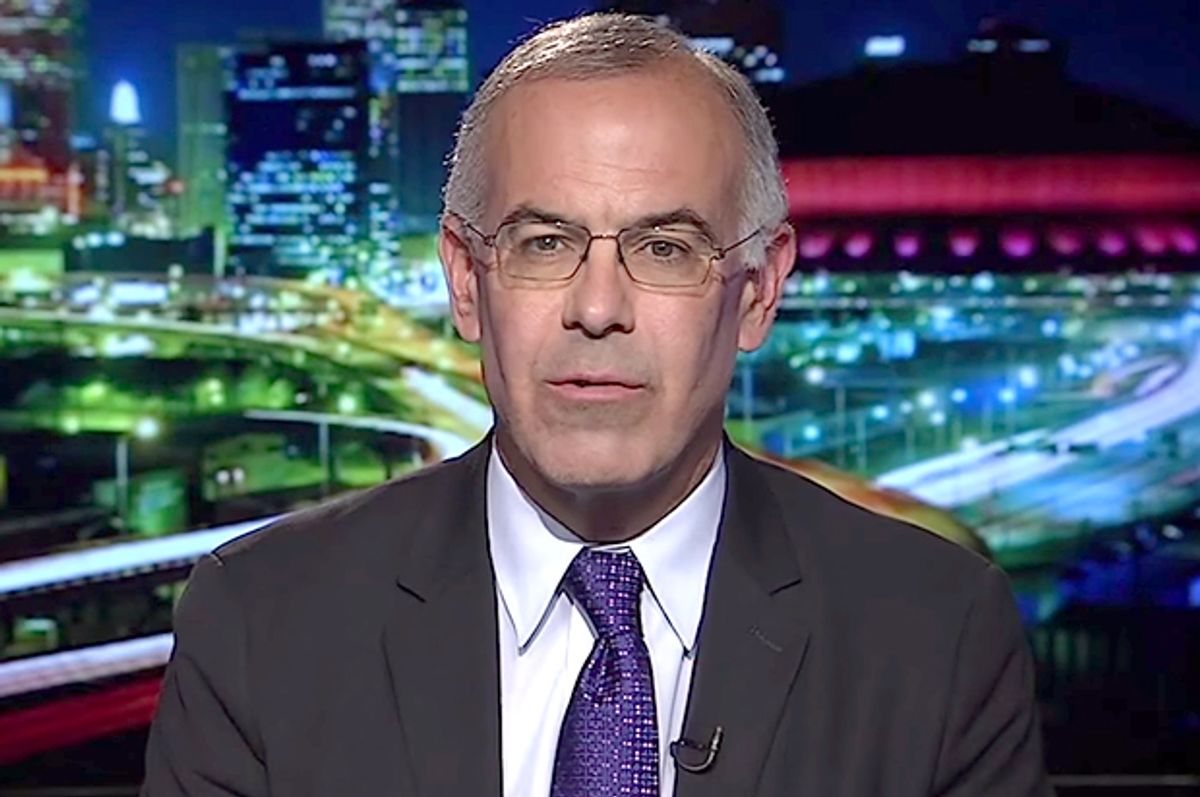David Brooks' Friday New York Times column reads less like an editorial and more like a book report, which is more disappointing than surprising. The book in question, Yuval Levin's "The Fractured Republic," addresses the question that's constantly on Brooks' mind -- why can't America be great again?
Levin begins, according to Brooks, by acknowledging that for critics like Brooks, "our politics and much of our thinking is drenched in nostalgia for the 1950s and early 1960s." He then proceeds to prove Levin correct by drenching quite a bit of editorial page acreage with talk about declining church attendance rates and the like, all the while insisting that happiness relies on the ability "not to dwell in confusing, frustrating nostalgia."
"[R]eligious life has bifurcated," Brooks wrote. "Church attendance has declined twice as fast among people without high school diplomas as among people with college degrees [and] with each additional year of education, the likelihood of attending religious services rises by 15 percent."
Moreover, he added,
We’re also less embedded in tight, soul-forming institutions...Our politicians try to find someone to blame for these problems: banks, immigrants or, for Donald Trump, morons generally. But that older consolidated life could not have survived modernity and is never coming back. It couldn’t have survived globalization, feminism and the sexual revolution, the rising tide of immigration and the greater freedom consumers now enjoy...



Shares